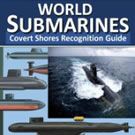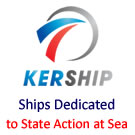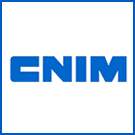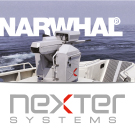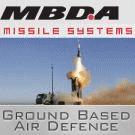| |
|||
| a | |||
Naval
Defense Industry News - USA |
|||
Lockheed Martin, NASA and U.S. Navy Test Orion Spacecraft Ocean Recovery |
|||
In a simulated ocean recovery of an Orion spacecraft test article, Lockheed
Martin, NASA and the U.S. Navy practiced recovery techniques for retrieving
the crew module after it splashes down at sea following its first test
flight later this year. This test allowed the team to evaluate procedures,
hardware and personnel responsible for the recovery. |
|||
 The Orion test article inside the USS Anchorage well deck Picture: NASA |
|||
During
the test, which took place off the coast of San Clemente Island, U.S.
Navy dive teams retrieved and positioned the Orion test article on the
San
Antonio class LPD USS Anchorage using a Lockheed Martin built
recovery cradle, recovery winch, and sea anchor. The information gathered
during this phase of testing will help ensure a safe and efficient recovery
of the crew module and collection of flight test data after splashdown. “Completing recovery simulations in a real, ocean environment before EFT-1 is incredibly helpful,” said Larry Price, Lockheed Martin Deputy Program Manager for the Orion program. “This test allows us to improve the procedures for handling the crew module and determine if the recovery equipment designs are precise, safe and efficient.” |
 The Orion test article being moved inside the USS Anchorage well deck Picture: NASA |
|||
Orion will
complete its first test flight, Exploration Flight Test-1 (EFT-1), on
December 4, 2014. During EFT-1, the uncrewed spacecraft will launch on
a Delta IV Heavy rocket and will travel 3,600 miles beyond low Earth orbit—15
times further than the International Space Station. That same day, Orion
will return to Earth at a speed of approximately 20,000 mph for a splashdown
in the Pacific Ocean. The flight will provide engineers with data about
systems critical to crew safety such as heat shield performance, separation
events, avionics and software performance, attitude control and guidance,
parachute deployment, and recovery operations to validate designs of the
spacecraft before it begins carrying humans to new destinations in deep
space. |
|||





